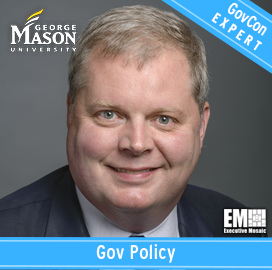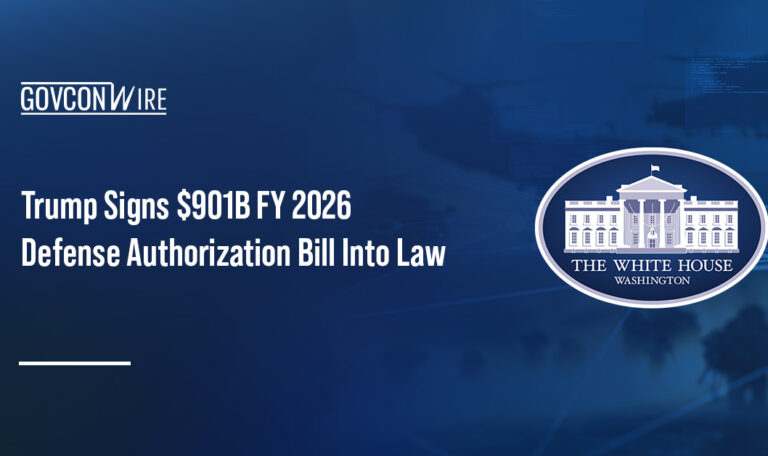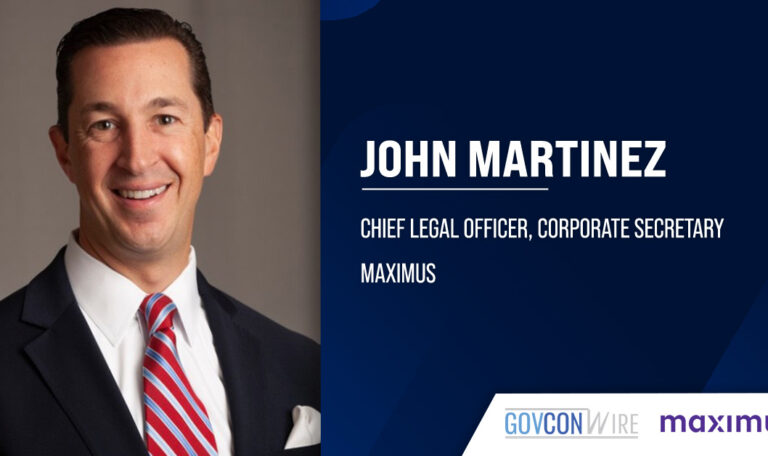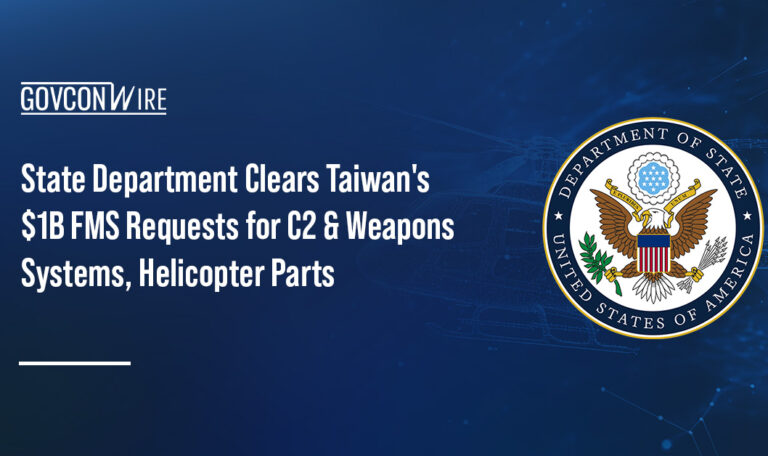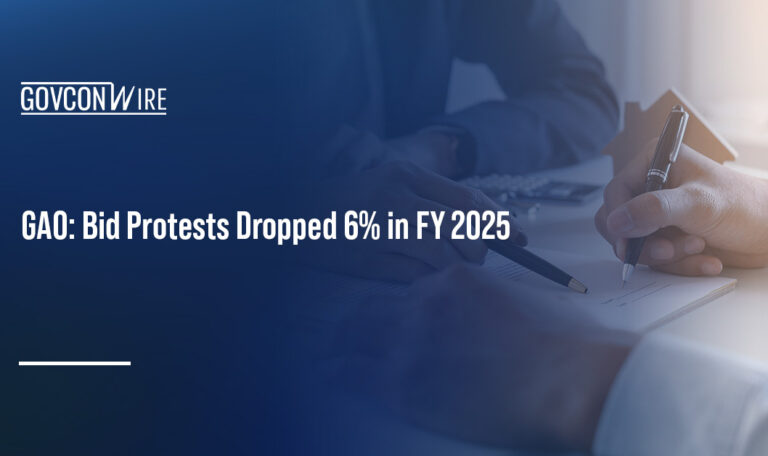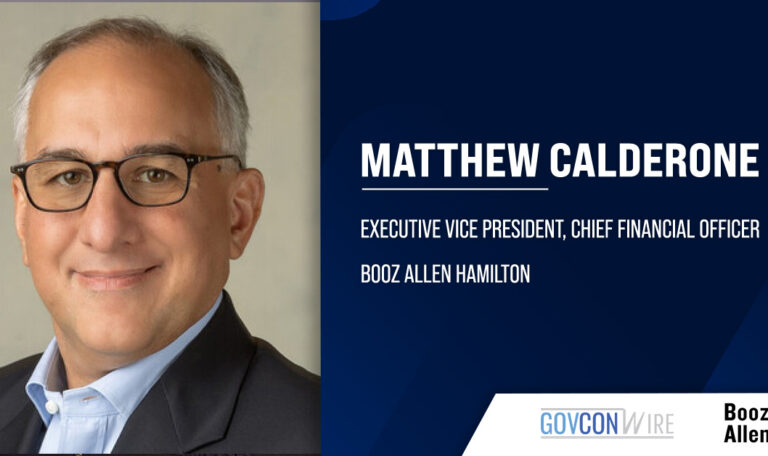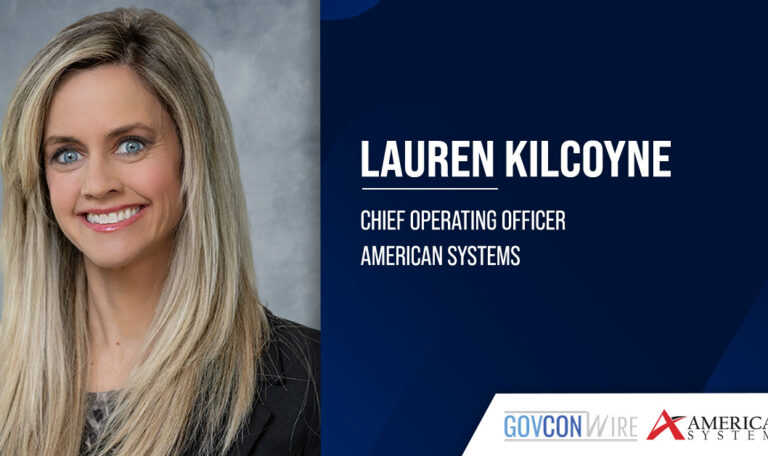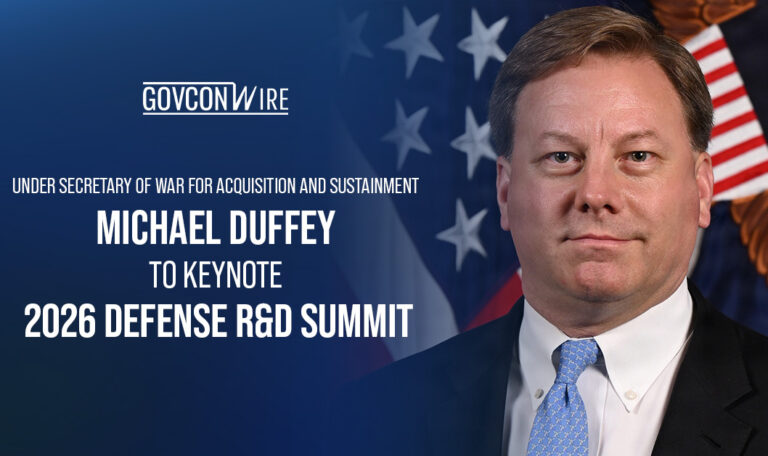Jerry McGinn, executive director of the Center for Government Contracting at George Mason University’s School of Business and GovCon Expert for Executive Mosaic, recently shared his thoughts on the upcoming presidential election between Joe Biden and Donald Trump following the final debate last week and addressed the impact the election could have on the government contracting (GovCon) sector in terms of domestic policy, technological innovation and strategy for our nation’s national security.
GovCon Expert Jerry McGinn shared his thoughts with GovConWire following the last presidential debate before heading into next week’s election. Below you’ll find those thoughts as well as a link to his most recent opinion article about the upcoming presidential election from TheHill:
“The final presidential debate has traditionally been focused on foreign policy and defense, but as with all things 2020, this year was different. With the cancelation of the second townhall-style debate, only one of the six topics—national security—selected by moderator Kristen Welker for the final debate was squarely in that zone.
Not surprisingly then the debate discussion only glanced on true national security issues such as the threat of China, the readiness of U.S. military forces, and foreign policy priorities for the coming four years. Instead, the putative national security discussion mostly focused around political issues such as alleged personal financial misdealing and relations with foreign leaders.
The debate was still revealing for government contracting leaders for two reasons. First, the debates demonstrated that foreign policy and defense issues are not going to decide the election; instead, it is domestic policy issues such as taxes and healthcare that are driving voters’ decisions. This is not surprising and aligns with almost all previous presidential elections.
Second, the omission tacitly reveals that there will be more continuity than change in matters relevant for the business of government contracting in the next administration. This sentiment is reinforced by looking at the actions of the Trump Administration and the defense and foreign policy priorities outlined by the Biden campaign and key surrogates.
There are differences in national security policy and budget priorities, but overall there is a surprising consensus on critical issues such as countering China, innovating the business of government, and increasing domestic manufacturing capabilities. I delve further into this in my recent piece in The Hill, but in short the government contracting community can expect more continuity than change when the next president is inaugurated.”


